Neil Gaiman
Neil Gaiman (born 1960) is an English author of novels, short fiction, graphic novels, and children's books. His notable works include The Sandman, American Gods, Coraline, and Neverwhere, and his work blends myth, fantasy, and the uncanny, echoing the quoted wish for magic, dreams, and good madness.
Quotes by Neil Gaiman
Quotes: 10
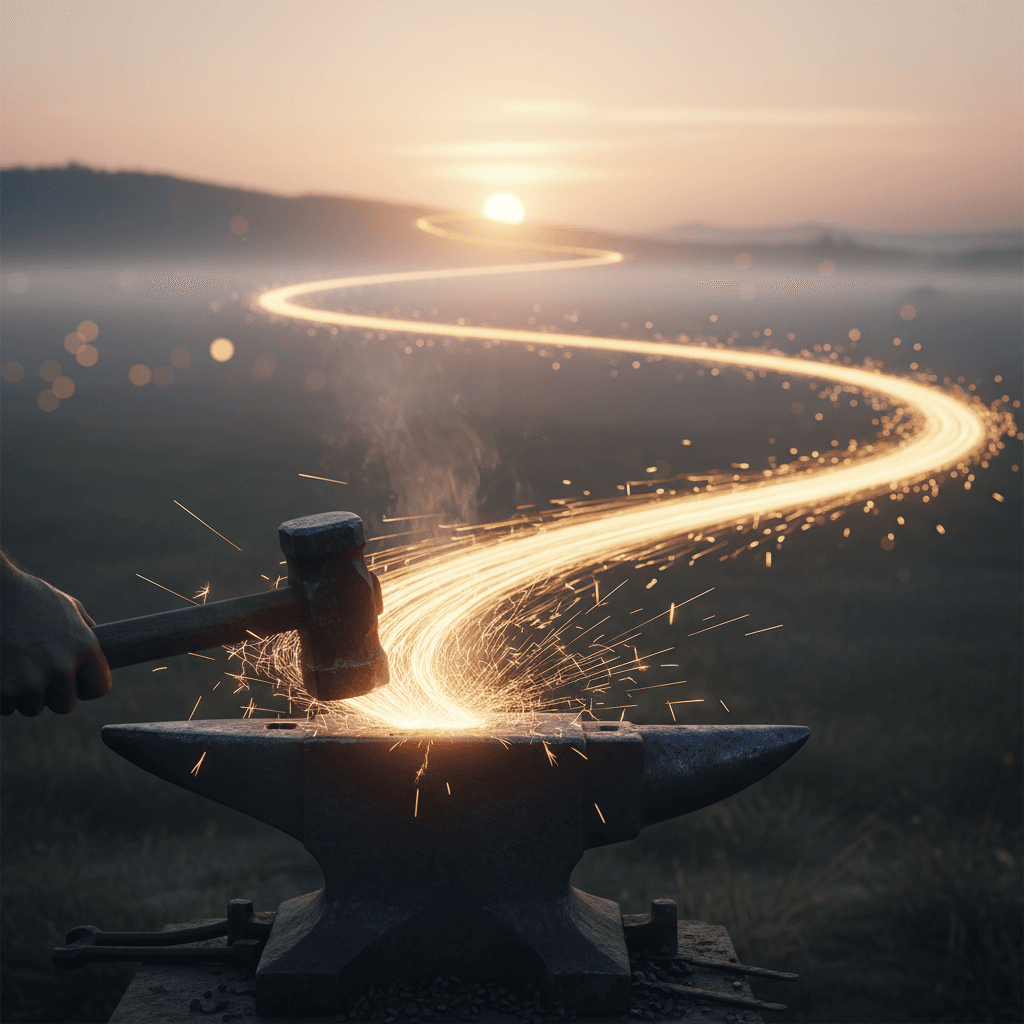
Begin Boldly: Let Habits Build Momentum
The Zeigarnik effect shows that incomplete tasks stay mentally alive. Bluma Zeigarnik’s 1927 study observed how waiters remembered unpaid orders better than settled ones; once closed, the memory loosened. Beginning a task creates an “open loop,” a gentle itch to continue, which is precisely the momentum Gaiman invokes. Start, and your mind recruits itself as a reminder system. Because open loops exert a tug, strategic beginnings are powerful. Write a working title, sketch an outline, or place the first brushstroke—each act flips curiosity on. In this way, progress becomes self-propelling. Knowing that, we can design starts that are too small to fail. [...]
Created on: 11/17/2025
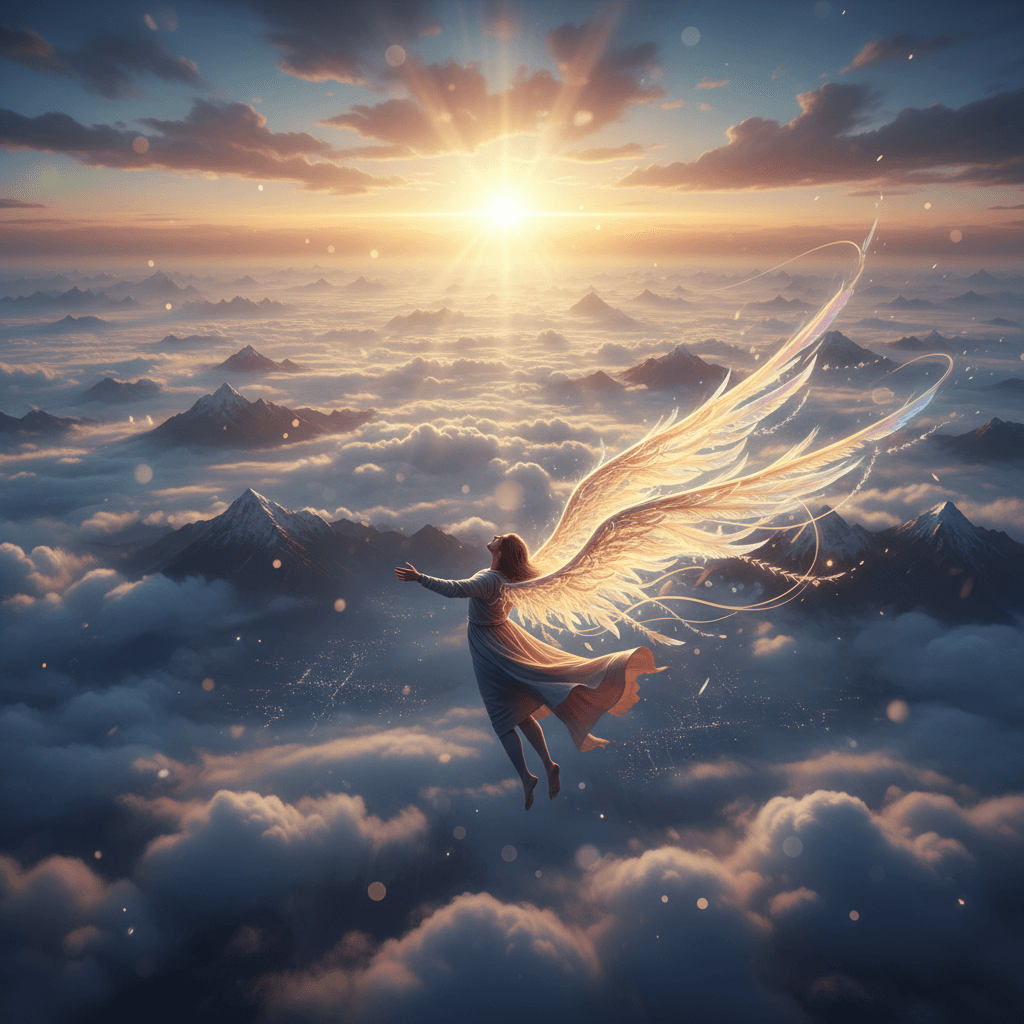
When Falling Becomes the First Flight
For creatives, the fall often looks like a blank page or an opening night. Gaiman’s own career blends imagination with meticulous craft; scripts, revisions, and collaborations become the hidden net beneath the leap. As Picasso reputedly quipped, inspiration exists, but it has to find you working. Consequently, preparation does not cancel daring; it concentrates it. The hours of practice turn panic into altitude, making flight less an accident than an emergent property of sustained attention. [...]
Created on: 11/13/2025

Songs for Strangers, Bridges to Future Selves
At the outset, Gaiman’s line refuses the comfort of known audiences and invites the artist to risk singing into the dark. Work that “sings” doesn’t flatter; it trusts clarity, feeling, and form to find ears it has never met. In his Make Good Art speech (2012), Gaiman urged graduates to make honest mistakes in public—because only public song can discover its strangers. That stance reframes success: instead of pleasing a circle of peers, you craft something a stranger can carry home. This shift prepares the way for what follows, because once a work leaves its maker, it begins a second life in the lives of others. [...]
Created on: 9/3/2025
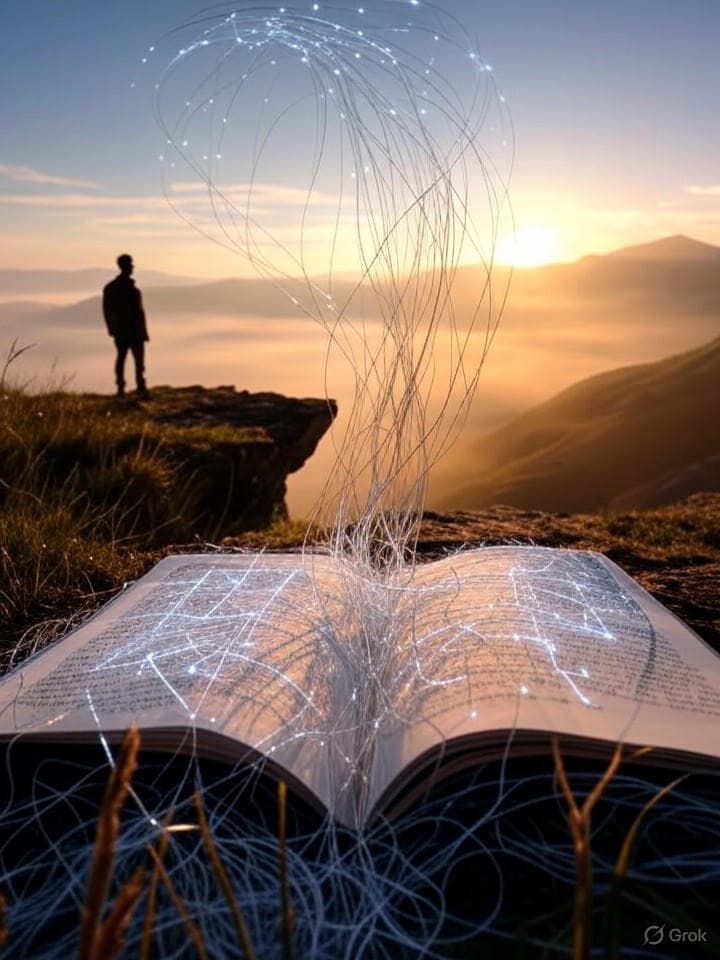
Only You Hold Your Unrepeatable Voice and Story
To move from credo to craft, build habits that surface the specific. Keep a notebook for fragments, as Joan Didion describes in On Keeping a Notebook (1966), so private meanings accumulate into public clarity. Draft badly but honestly; Anne Lamott’s Bird by Bird (1994) defends “shitty first drafts” because truth often arrives wearing messy clothes. Use constraints to reveal texture—Georges Perec’s La Disparition (1969), a novel without the letter “e,” shows how limits can sharpen invention. Finally, keep a small audience in mind—an earlier version of you, a friend who needs what you needed—and write or build for that person. These practices do not manufacture originality; they remove what muffles it, letting your natural grain and graininess be heard. [...]
Created on: 8/30/2025
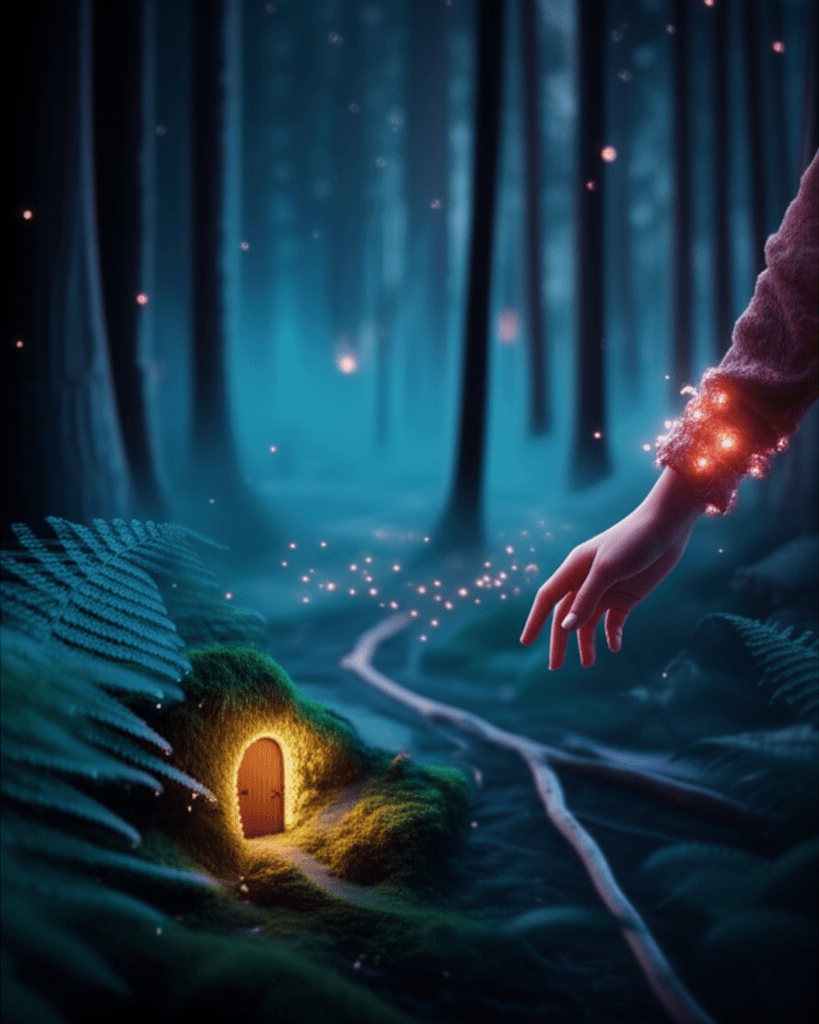
Small, Strange Choices That Open Toward Wonder
Across Gaiman’s tales, small odd choices open whole realities. In Coraline (2002), a child unlocks a little door “just to see,” and the act remakes her courage. The Graveyard Book (2008) begins when a toddler wanders through a gate and grows into a life between worlds. Even The Ocean at the End of the Lane (2013) starts with a return drive that becomes a plunge into memory and myth. These are not reckless plunges so much as curious tilts: look there; step here; listen closely. The pattern is clear—attention followed by a modest risk creates a corridor. The next step is translating this pattern into ordinary days. [...]
Created on: 8/29/2025
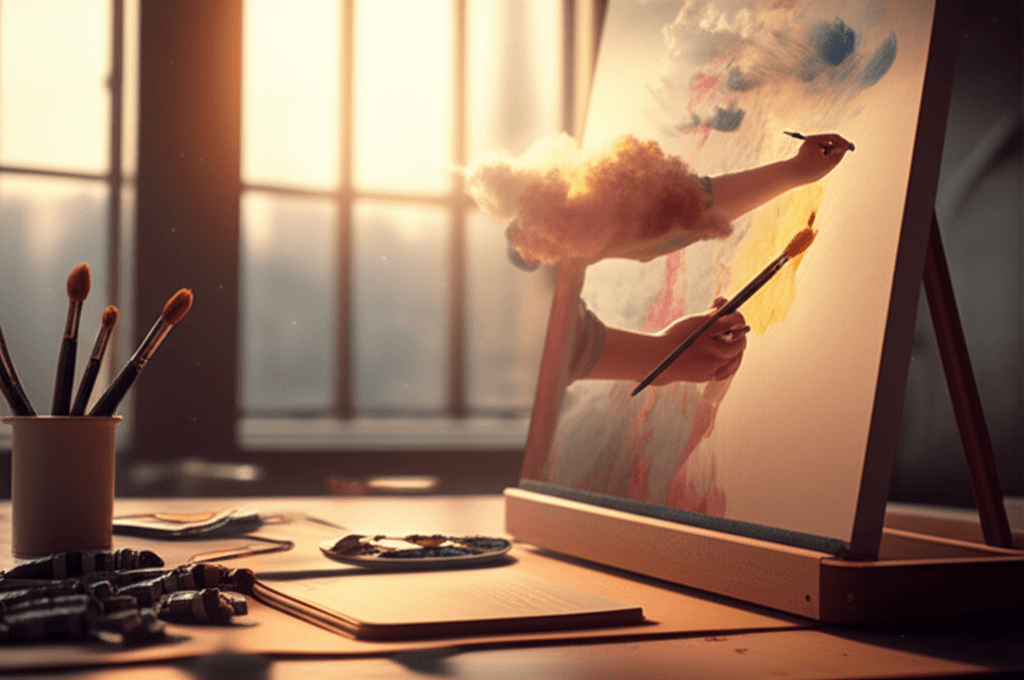
Make Good Art: A Manifesto for Resilience
Finally, the point is not self-expression alone but connection. Toni Morrison’s Nobel Lecture (1993) contends that language can oppress or free; art chooses the latter when it gives others words, images, and courage. Gaiman ends similarly: break rules, make interesting mistakes, and leave the world more interesting for your being here (UArts, 2012). Making good art, then, is a civic act—private effort with public consequence. [...]
Created on: 8/27/2025

The Illuminating Power of Human Creativity
Ultimately, Gaiman’s insight gently encourages us to participate in the world as active makers. Each act of creation, regardless of scale, banishes a little of life’s dullness and leaves the world richer than before. So, in weaving stories, composing music, or inventing solutions, we illuminate not only our own path but collectively brighten the shared tapestry of human experience. [...]
Created on: 7/27/2025